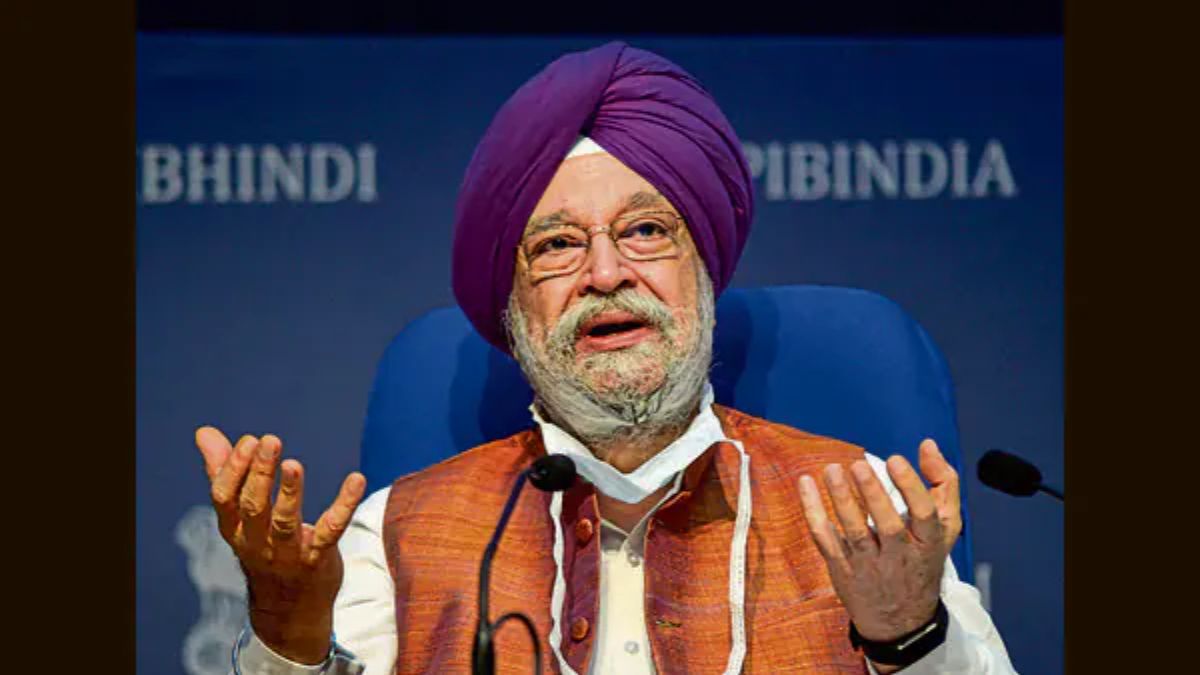By Anil Matai
The Union Ministry of Health had released the draft of the New Drugs, Medical Devices and Cosmetics Bill, 2022 on July 8, 2022. This pivotal legislation, set to replace the 83-year-old Drugs and Cosmetics Act of 1940, proposed to revamp the entire regulatory framework governing the import, manufacturing, distribution, and sale of drugs, medical devices, and cosmetics in India. This was much needed in view of the need to keep pace with the advancements in the med-tech sector. It is undoubtedly, a stride towards aligning India’s healthcare system with international legislations and adopting global best regulatory practices.
The Bill was anticipated to be presented during the winter session of Parliament in December 2023. It introduces several new definitions and provisions such as those on over the counter drugs, rare diseases recall etc. and includes some which otherwise formed part of the existing Rules made under the Drugs & Cosmetics Act,1940. It also outlines distinct chapters for drugs, cosmetics, and medical devices, delineating the provisions in terms of their standards for development, manufacturing, distribution, testing laboratories, testing officers etc. This underlines the Government’s dedication to not only provide a clear, unambiguous and a streamlined regulatory framework towards facilitating compliance, but also ensure highest standards of quality, safety and efficacy of such products. Not to forget the patients who would be benefitted in terms of expeditious access of new, safe and quality therapies.
For administration of the regulations that would arise out of the new law, the Bill not only proposes to establish separate Technical Advisory Board for drugs & medical devices but also includes experts from the relevant fields in the Drugs, Medical Device and Cosmetics Consultative Committee and fixing the timelines for them to meet.
The Bill proposes to introduce several new concepts such as issuance of improvement notices in case for certain violations, compounding of offences that are not punishable with imprisonment only or with imprisonment and fine, summary trials by designated courts for minor offences, constitution of ‘Special Courts’ by the Central as well as the State Governments can certainly be considered as a paradigm shift geared towards enabling ease of doing business in India as far as regulations are concerned.
OPPI, like other stakeholders, has provided its detailed comments to the 2022 Bill. One of the concerns expressed has been its indiscriminate thrust on strict penalties. OPPI believes that in order to ensure better drug quality & patient safety, there is a need to shift the emphasis to streamlined regulatory processes aligned with global standards. Further, the Bill reflects on the relationship between the Central Licensing Authority and State Licensing Authorities and therefore, transparency and coordination regarding marketing and manufacturing approvals would be paramount. To ensure that innovators have timely notice of manufacturing approval applications, a notification system tracking state-level manufacturing applications is key.
Further, there is need for temporary protection against unfair commercial use of the comprehensive regulatory dossier that biopharmaceutical innovators submit to regulatory authorities to demonstrate the safety and efficacy of a medicine for marketing approval as regulatory data protection provides critical incentives for investment in new treatments and cures.
Although the Government has yet not published the updated version of the Bill subsequent to its 2022 iteration for stakeholders’ comments, the industry has been assured that the feedback and concerns raised by stakeholders regarding the 2022 draft have been acknowledged and given due consideration in the process of finalising the 2023 Bill. OPPI is optimistic about the Bill and sincerely hopes that the final regulation will reshape India’s healthcare regulatory landscape that is globally harmonized, aligned to WHO standards, enables a transparent and streamlined regulatory regime for patient benefit, ensuring patient safety and ease of doing business.
(The author is a Director General, Organisation of Pharmaceutical Producers of India (OPPI). Views expressed are personal and do not reflect the official position or policy of the FinancialExpress.com.)




